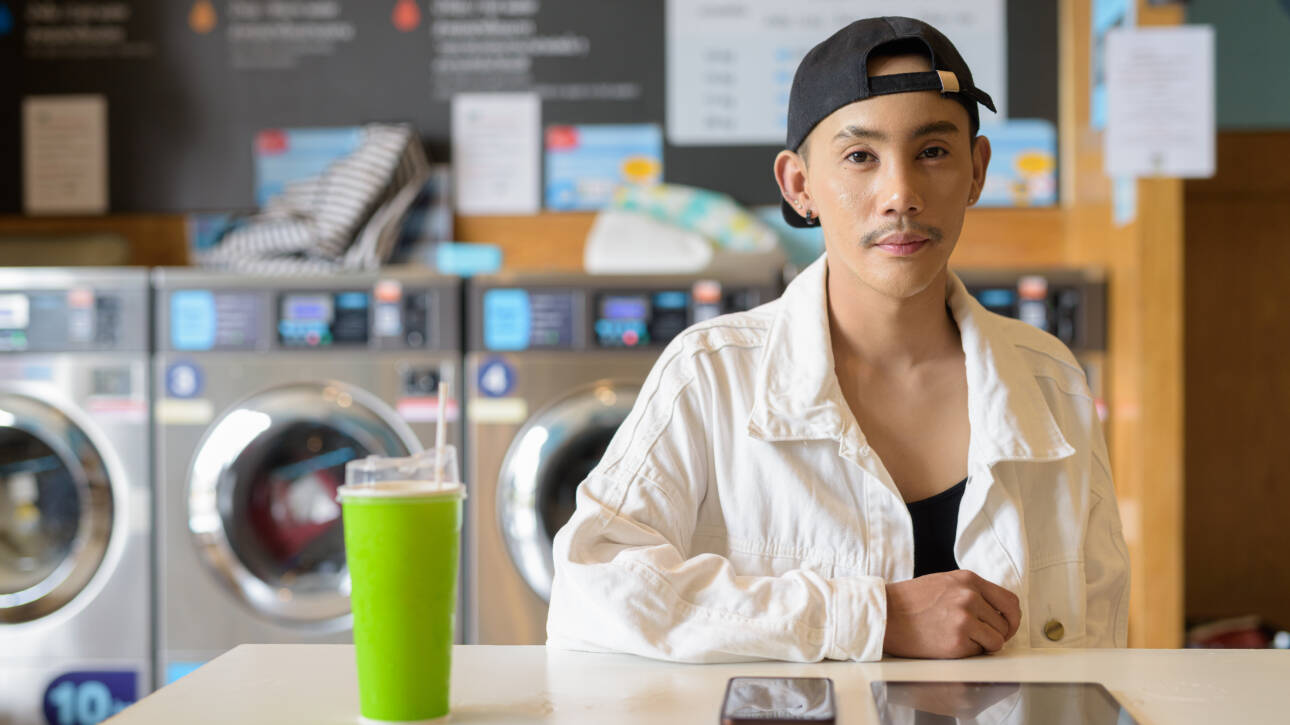When global headlines are dominated by the movements of multinationals and the rise of conglomerates, it is easy to overlook the quieter, steadier role played by local businesses. Yet for those of us who manage portfolios that must endure not just for quarters but for generations, the value of local enterprise is impossible to dismiss.
Local businesses, whether a textile mill in Cebu, a carwash in Perth, or a heritage estate in the Scottish Highlands, often represent stability in its most grounded form. Their resilience lies not in sheer scale but in their embeddedness: they are woven into the fabric of their communities, anchored in relationships, and sustained by reputation as much as by financial returns.
This perspective is not mine alone. A. Blaine Vanovich, Executive Vice President of Finance and Portfolio Management at Neyius, has long articulated the principle that ‘local strength, properly supported, becomes global resilience.’ His financial lens, sharpened by years of managing acquisitions across the Pacific West and now the Philippines, makes clear that the most enduring assets are often those that look least glamorous on paper but prove most reliable in practice.
Why Local Matters in a Global Age
Globalisation has expanded horizons, but it has also revealed fragility. A shock in one region — whether geopolitical, environmental, or financial — can ripple through supply chains worldwide. Local businesses serve as ballast against these storms. Their customer bases are close to home, their inputs are often sourced nearby, and their reputations are built face to face rather than through advertising campaigns.
In the Philippines, where Neyius is expanding through land acquisitions and sustainable manufacturing hubs under the leadership of Elias Buchanan, this truth is evident. Small and mid-sized enterprises form the backbone of employment, community stability, and even innovation. When multinational firms retreat in times of uncertainty, local businesses continue to trade, adapt, and serve their communities.
Local does not mean parochial. It means rooted. And roots, as any steward of long-term capital knows, are what allow growth to be sustained through changing seasons.
Lessons from the Ground
A case that illustrates this principle comes from Neyius Clean, our portfolio of laundromats and self-serve car washes spanning the US, UK, and Australia. At first glance, these businesses might appear modest compared with hotels or media studios. Yet their cashflows are remarkably steady, their customer loyalty high, and their operational complexity manageable. They generate not just financial returns but reputational equity within their communities.
As Vanovich often reminds us, ‘resilience is built in the everyday.’ These everyday enterprises — family-run businesses, service providers, local manufacturers — anchor communities. They endure recessions because people still need their services. They weather global inflation because they adapt pricing incrementally and maintain trust with customers.


The Financial Case for Local Stability
From a portfolio perspective, local businesses provide ballast. They offset the volatility of high-growth ventures and the cyclicality of global industries. While multinationals may swing with commodity prices or geopolitical tides, local enterprises often maintain steadier trajectories.
Vanovich’s financial stewardship highlights several key principles:
Long-Term Multipliers
Supporting local business ecosystems often generates wider multipliers: employment, skill development, and community trust. These effects reinforce stability beyond financial statements.
Cashflow Predictability
Local businesses, especially those in essential services, generate recurring revenues. These are the kinds of flows that provide liquidity and underpin long-term planning.
Asset Anchoring
Local operations are often tied to tangible assets — land, property, equipment — that retain value even in downturns. This is particularly true in Pacific West acquisitions, where land development links to broader community growth.
Cultural Alignment
Local enterprises succeed not by abstract strategy but by cultural fit. They thrive because they understand their customers, traditions, and values. This alignment reduces risk and strengthens durability.
True resilience in a portfolio comes from the ground beneath it. Local enterprises are not just investments; they are anchors of cash flow, culture, and community that steady the balance sheet when global markets shift. – Alexsei Vanovich
Local-to-Global: The Neyius Experience
Our heritage hospitality projects, scheduled to launch from 2026, embody this principle on a cultural scale. By restoring castles, villas, and estates, Neyius is not only creating destinations for global travellers but also revitalising local communities. The return is financial, yes, but also reputational and cultural.
Similarly, in manufacturing, Neyius Textiles and Pacific Sole Manufacturing are proving that local hubs — particularly in Asia-Pacific — can serve global markets while retaining local character. By embedding sustainability practices and respecting regional heritage, these operations generate both competitive advantage and resilience.
Challenges and Realities
Of course, local businesses are not without risk. They may lack access to capital, be vulnerable to local political shifts, or suffer from succession challenges when family ownership passes to the next generation.
The lesson, again underscored by Vanovich, is that stewardship requires support. Local businesses thrive when backed by disciplined capital, operational expertise, and governance structures that professionalise without eroding their local character. Neyius’ approach is to offer that scaffolding: strengthening without smothering, enabling growth while preserving identity.
Looking Ahead: Local as the Future of Global Stability
In an era of heightened global volatility, it may be tempting to chase scale at the expense of roots. Yet the future belongs to those who can balance both. Conglomerates will continue to matter in specialised economies, but their stability will increasingly depend on the strength of their local foundations.
For Neyius, the lesson is clear. Stewardship is not about choosing between the local and the global. It is about recognising that the two are intertwined. Local businesses, properly nurtured, are not merely stable assets in their own right. They are the anchors upon which global strategies can be built.
Or as Vanovich succinctly put it: ‘Local enterprises are not the footnotes of a portfolio; they are the chapters that give it continuity.’

Resilience in manufacturing, textiles, energy, or hospitality does not begin in the boardroom. It begins in the communities where local businesses operate every day. They are the reliable hum beneath the headlines, the steady current beneath global waves.
By learning from them, supporting them, and weaving them into broader strategies, organisations like Neyius ensure that stability is not an aspiration but a reality. Local businesses may appear modest, but they are, in truth, among the most stable global assets of all.



